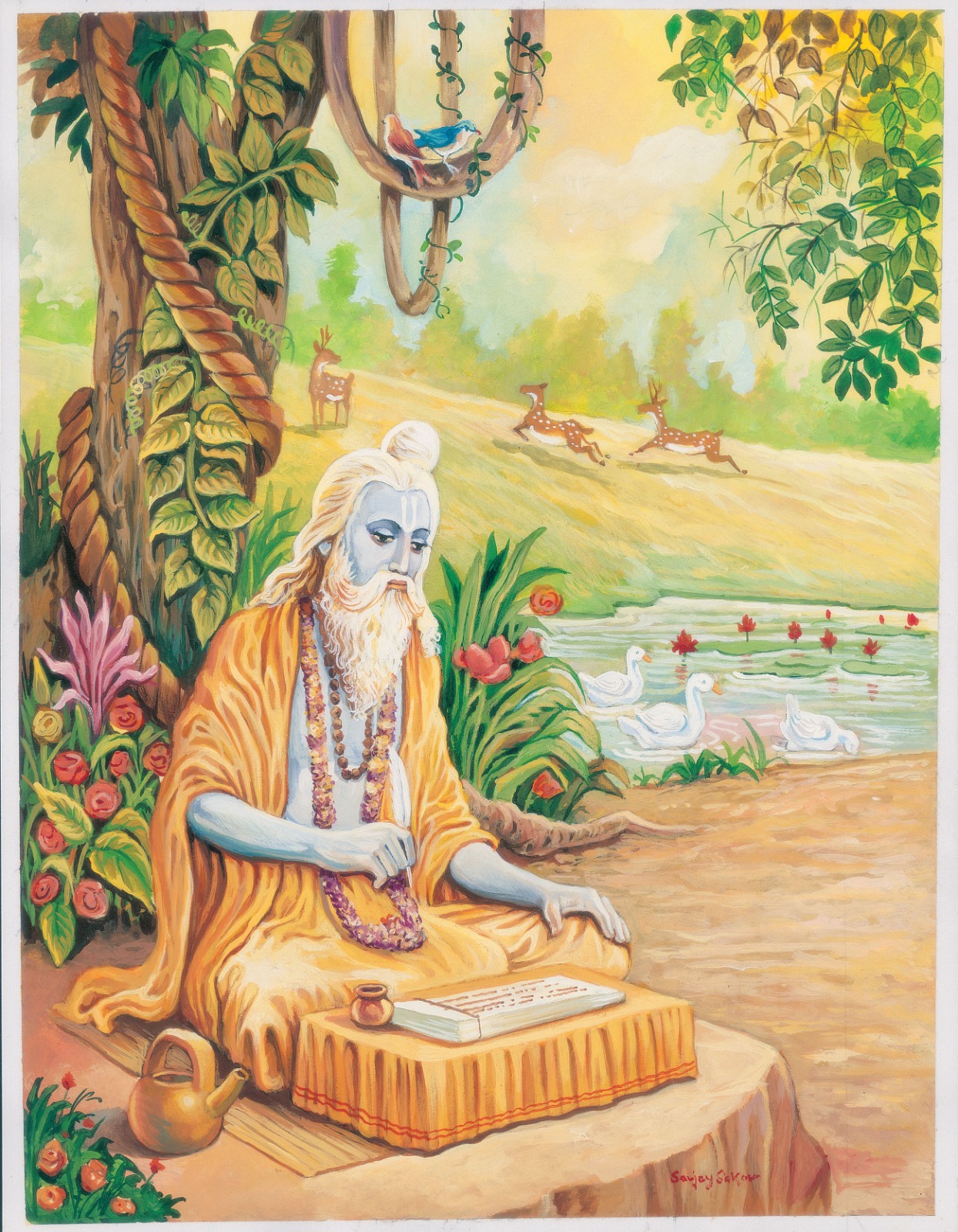

कामैस्तैस्तैर्हृतज्ञाना: प्रपद्यन्तेऽन्यदेवता: |
तं तं नियममास्थाय प्रकृत्या नियता: स्वया || 20||
kāmais tais tair hṛita-jñānāḥ prapadyante ’nya-devatāḥ
taṁ taṁ niyamam āsthāya prakṛityā niyatāḥ svayā
kamais tais tair hrita-jnanah prapadyante ’nya-devatah
tam tam niyamam asthaya prakritya niyatah svaya
BG 7.20: Those whose knowledge has been carried away by material desires surrender to the celestial gods. Following their own nature, they worship the devatās, practicing rituals meant to propitiate these celestial personalities.

Start your day with a nugget of timeless inspiring wisdom from the Holy Bhagavad Gita delivered straight to your email!
Shree Krishna says that people worship the devatās (celestial gods) as per the prescribed rituals to attain material gains. Material desires have shrouded their knowledge. Hence, they forget that the Supreme Lord is the source of all that exists, including these celestial gods. As a president of a country appoints his officers among different departments. Similarly, these celestial gods also occupy different positions in the working of God’s creation. They derive their powers from God; they are not independent of Him. They can bestow on their devotees only material things that are under their control. But cannot liberate anyone from the bondage of Maya or the cycle of birth and death because; they themselves are not liberated from this cycle. God alone has the power to do so. The celestial gods are also souls like us. However, they have attained these positions in the celestial abodes as a result of their pious deeds from previous lives. Once their account of pious deeds depletes, they have to return to earth. Hence, even the celestial gods are perishable; God alone is eternal.